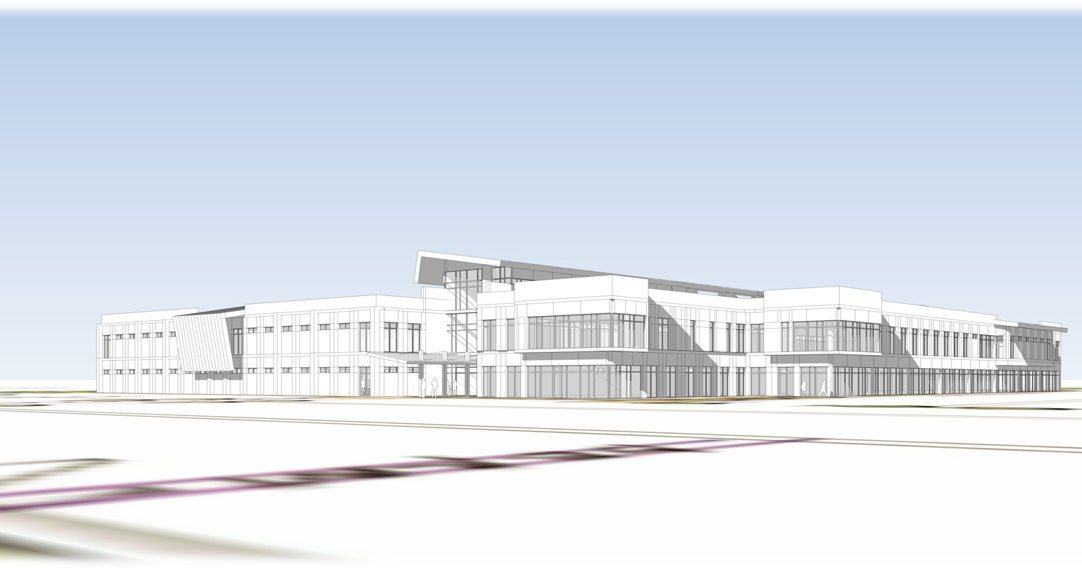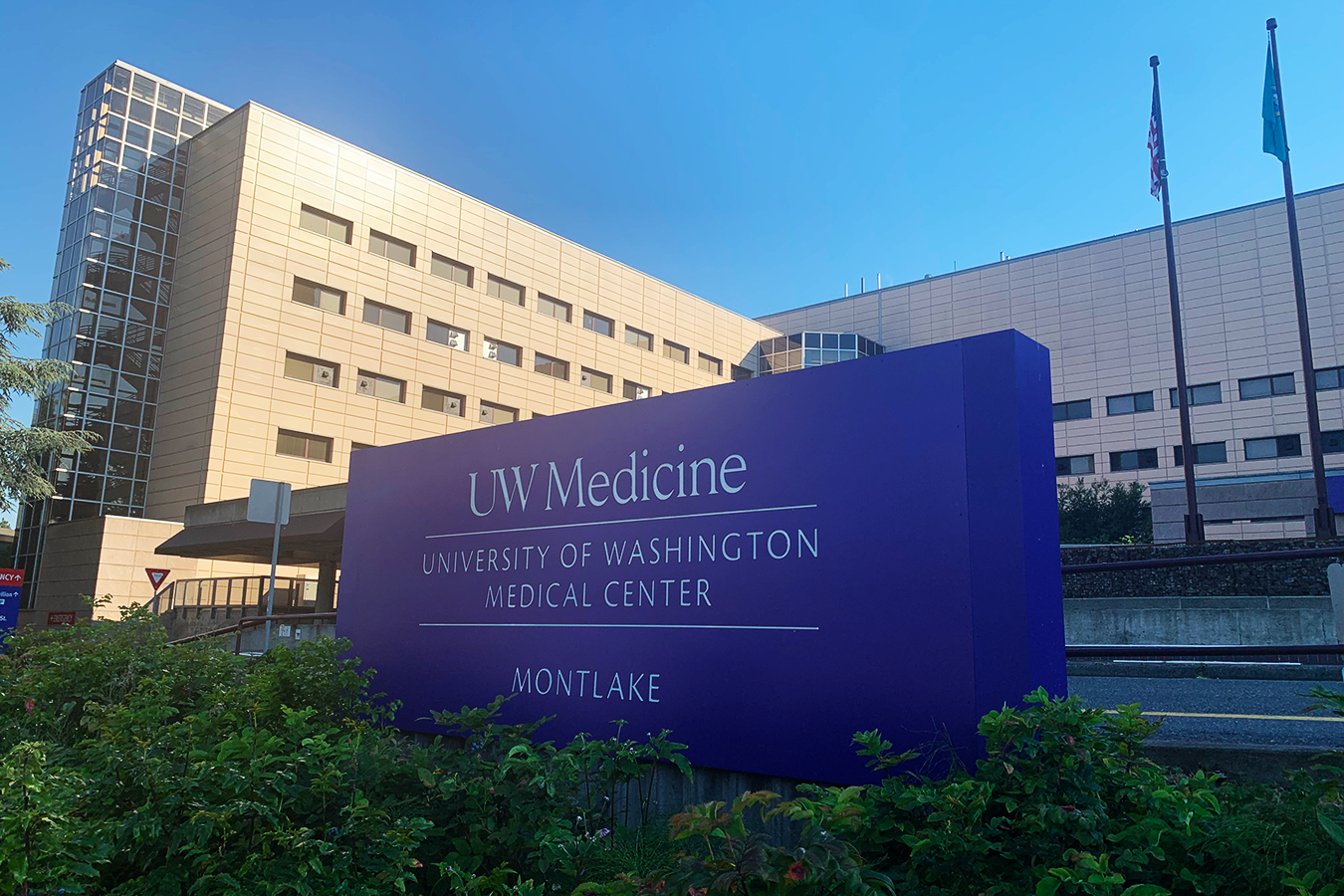I guess I do disagree.
I "disagree" with the wisdom of going to the Caribbean for medical school. But I don't think it's any legislator's prerogative to eliminate such a long-shot (and expensive) bid for a career in medicine.
I "disagree" with Prem Reddy when he says he can educate medical students as well as established medical schools can. But I see no legal or justifiable way to keep him from hanging up his shingle and cashing tuition checks. Caveat emptor, and all that.
But just because Prem Reddy is able to find saps to pay hundreds of thousands of dollars for a medical degree offered from an institution one tiny sliver above a correspondence school does not mean that all of a sudden the federal government is under obligation to train another 200 "doctors."
If we extend your logic, it seems to me that any time a Caribbean Medical School Diploma mill increases its student body, then the American taxpayer is under some obligation to pay for more post graduate education. Can you help me understand that?
What about dental programs and chiropractors? We all know some of them who slipped into desperate residency programs. Is the ACGME supposed to guarantee a certain percentage of slots for them, whenever a new dental or chiropractic school comes on-line or expands the student body?
What is your expected conversion for osteopathic programs? 50%? 75%? 100%?
What do we do when a graduate from a foreign medical school matches into a US-based residency? Is some other program under obligation to accept another trainee, because Prem Reddy vaguely hinted at the promise that everybody who gets a participation MD ribbon in 2021 is somehow guaranteed a residency spot?
Listen, I'm no fan of the GME. I think that every time the government steps in to try to do by administration what the free market will do with cold efficiency, the government screws it up. With the backing of the AMA, government has throttled the supply of physicians. It'd be disingenuous of me, a member of the guild whose paycheck reflects the inefficiencies of governmental overreach, to complain too loudly about it. But it is clear that into the the void created by a scarcity of MDs has marched a steady stream of DOs, NPs, PAs, CRNAs, and others.
CRNAs can be churned out in 18 months. And they are doing their best to erode the trust surgeons and patients have in the generic "anesthesia provider." Anytime things start looking up for our field, the CRNA schools open the taps. But now you want the government to be under obligation to offer residency training to as many poorly-educated physicians as crooks like Prem Reddy can pin a diploma on? I hope you are just teasing me.
If you are serious--if you think that society at large or government in particular has an obligation to make sure that every student who (for whatever reason) was passed over for admission into a legitimate medical school has a soft place to land--are you going to similarly make sure that jobs exist for every ITT graduate, every cosmetic school graduate, every clown college graduate, every law school graduate, every Masters of Fine Arts?
If not, why not?
Medical school used to be a pretty safe bet to get reliably into the top 10%. And, if you stick to the main routes (University-associated allopathic programs), it still is. But just like there are cheap imitations of every other sought-after good on the planet (timepieces, iPhones, jewelry...) we now live in a world where there are cheap (in quality, though obviously not cheap in cost) imitations to medical education. I know, I know, we've all worked with colleagues who came from the Caribbean who were "just as good as any doc," but more and more, those are the exceptions, and the rule is that they paid close to half a million dollars for a worthless degree. I feel sorry for them. I really do. But making it easier for Prem Reddy and St. George's to fleece students (by being able to promise that the US taxpayer is under obligation to pay to train them upon graduation) is only going to make things worse.
I'm happy to have you change my mind.



